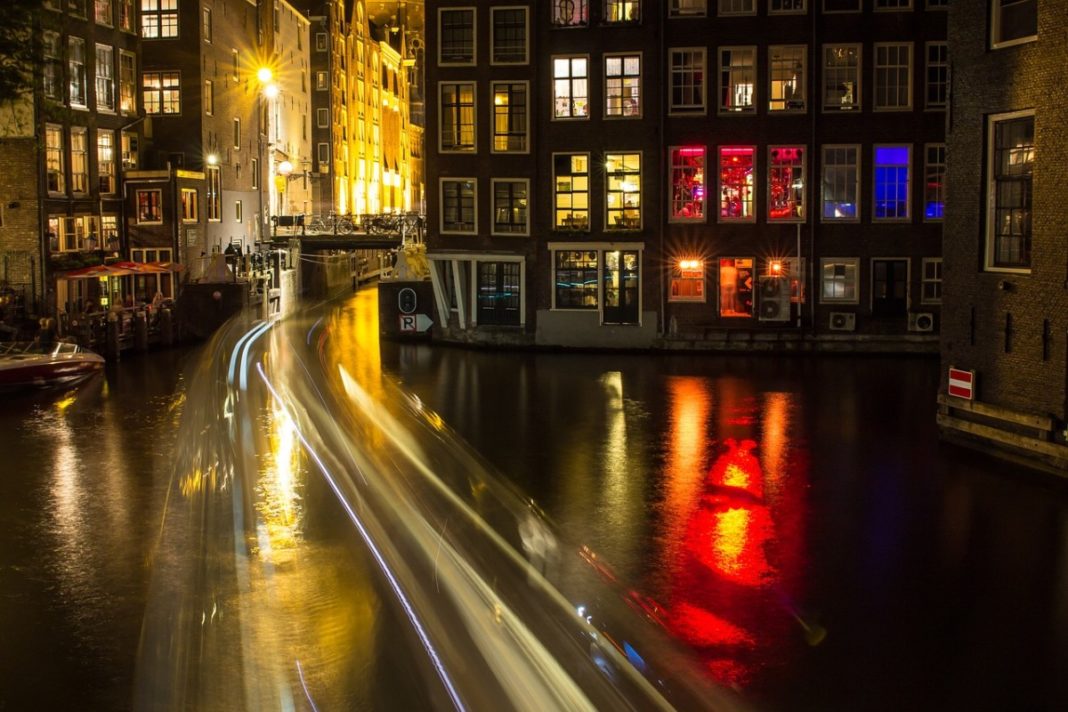The mayor of Amsterdam, police chief and the main public prosecutor have met for the yearly review of crime in Amsterdam. Crime in the city has not gone on a downward trend, but it has stabilized.
Throughout last year, there have been 88,403 reported cases of crime, which is less than it was in the past, reports Het Parool.
New types of crime in Amsterdam
The concern is not necessarily over the number of reported crimes but of the changing nature. There has been a transition from clearly visible, obvious crimes, towards more hidden, harder to reach crimes.
An example of this are cybercrimes, which can range from financial fraud and blackmail to extortion of vulnerable girls through the usage of indecent photographs (also referred to as sextortion)
The new nature of crime requires innovation on part of the municipality of Amsterdam, the judiciary system and its police force, yet this is no easy task.
Concern over knife violence
In a trend similar to that in the United Kingdom, more and more young people have been found branding knives. This has lead to the announcement that knives will be banned in three areas of Amsterdam (namely in parts of east and south-east Amsterdam and the city centre). Rotterdam made a similar announcement earlier this year.
Femke Halsema, the mayor of Amsterdam, is especially concerned about the spread of knife violence in the city. The problem is hard to solve as there is a ‘silent culture’ surrounding it, especially among the youth in disadvantaged areas.
So far, no numbers have been published in regards to the incidence of knife-carrying in Amsterdam, yet, according to the Mayor, the stories she hears from some of the neighbourhoods are ‘shocking’.
Police Chief Frank Paauw says intervention is difficult because of the ‘silent culture’, as snitching on others is condemned within the community. He mentions that youth workers also avoid giving names of youth who carry a knife, out of fear of breaking their trust.
Other issues on the agenda in Amsterdam
Another recent development that takes up police resources is the incidence of protests. If in 2014, there were only 240 demonstrations in the city, that number has increased to 1446 protests in 2019, as society increasingly becomes dissatisfied.
Moreover, Amsterdam is still a centre for international drug trafficking, and there is more and more violence around this industry, especially among youth.
The “triangle” formed by the Mayor of Amsterdam Femke Halsema, Police Chief Frank Paauw and Chief Prosecutor John Lucas is looking for new solutions and innovations in order to tackle these new developments, to increase police capacity, and to implement successful policies in order to prevent these crimes.
Have you experienced any crime in your time in Amsterdam? Let us know in the comments.
Feature Image: 3005398/Pixabay



